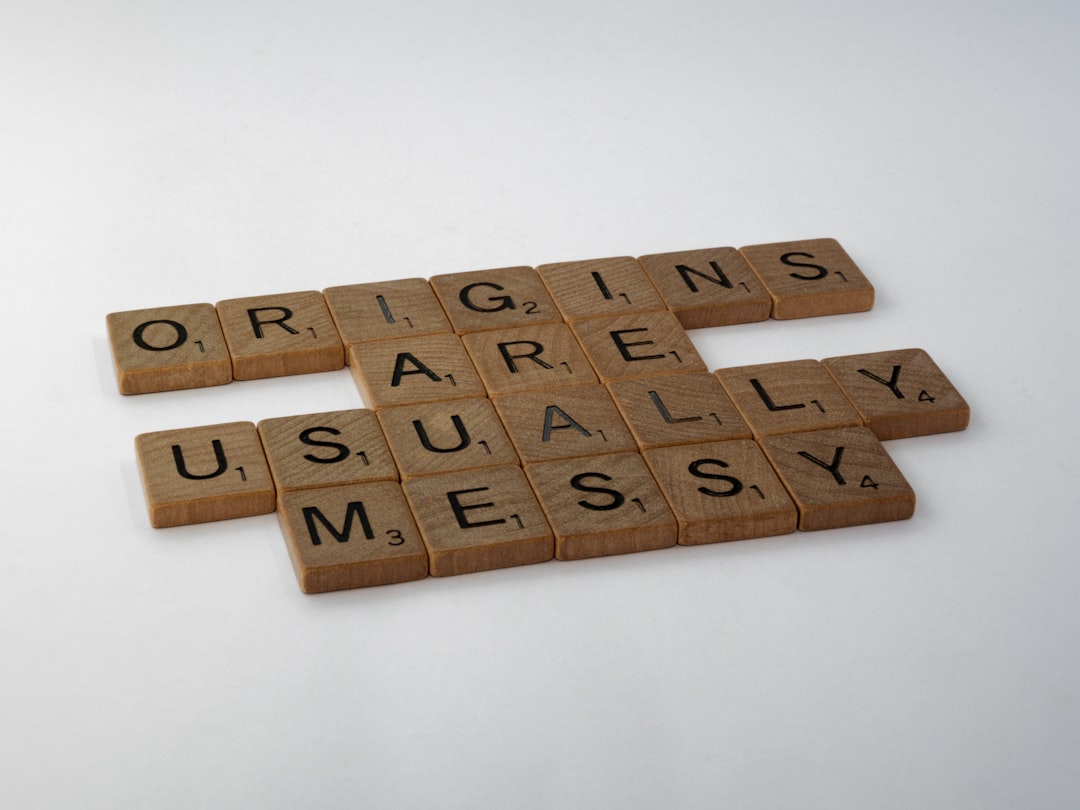
Confronting Crossroads: Unraveling the Paradoxes of Moral Conglomerates Today
Ah, the World Economic Forum, that glittering assembly of power players, technocrats, and self-proclaimed saviors of humanity. As we stand at the crossroads of moral conglomerates today, it’s amusing to witness the elaborate dance they perform, all while draped in the finest silk of righteousness. But let’s take a closer look at the paradoxes at play here – because who doesn’t love a good moral conundrum wrapped in an enigma?
The Moral High Ground: A Slippery Slope
At the heart of these moral conglomerates lies an intriguing proposition: the idea that a select group of elites knows what’s best for the rest of us. Isn’t that just darling? They gather in their plush Swiss chalets, sipping overpriced lattes, and discuss how to save the planet while simultaneously promoting their own interests. The irony is thick enough to cut with a knife. It’s almost as if they believe that their wealth and power grant them a direct line to moral superiority.
Consider the recent calls for wealth redistribution as a solution to global inequality. How charming of them! But isn’t it curious that the very figures advocating for this often reside in gilded towers, insulated from the very struggles they claim to alleviate? This paradox raises a fundamental question: can one truly advocate for the common good while remaining so detached from the common man?
The Illusion of Choice
The moral conglomerates today often tout the virtues of choice. “We’re giving people options!” they proclaim, as if they’ve just discovered the wheel. But let’s not kid ourselves; this is a carefully curated illusion. The options presented are often limited to what serves their agenda, with little regard for genuine empowerment.
For instance, take the push for electric vehicles. On the surface, it’s a noble cause—saving the planet and all that jazz. However, the reality is that these electric chariots often come with a hefty price tag, effectively excluding the average consumer from participation. The protagonists of this movement conveniently neglect to mention that the production of electric vehicle batteries has its own environmental consequences, not to mention the ethical dilemmas surrounding mining practices in developing countries.
So, is this truly about choice, or is it just another way to funnel resources into the hands of those who are already wealthy? Spoiler alert: it’s the latter.
Climate Change: The Ultimate Moral Weapon
Ah, climate change, the ultimate moral weapon in the arsenal of today’s conglomerates. It’s a perfect storm of fear and urgency, allowing elites to rally the masses around a cause while simultaneously enriching themselves. But let’s not ignore the paradox here: in their fervor to combat climate change, they often overlook the economic ramifications for everyday citizens.
The transition to a “green economy” is often heralded as the solution to all our woes. But for many, this transition comes at a steep cost. The working-class individual, who relies on affordable energy sources to make ends meet, is left in the lurch as policies favor the affluent. Here’s a thought: what if we focused on sustainable practices that don’t penalize the average Joe while still addressing environmental concerns? Crazy, I know.
A Final Word: The Need for Genuine Accountability
At the end of the day, the paradoxes of moral conglomerates today reveal a deeper truth: accountability is sorely lacking. While these elites may preach about responsibility and the need for societal change, their actions often speak louder than their words.
It’s crucial for us, as engaged citizens, to scrutinize the motives behind the moral high ground taken by these conglomerates. Are they truly working for the greater good, or is it merely a façade designed to maintain the status quo?
As we navigate these crossroads, let’s demand transparency and authenticity from those who claim to be our moral compass. The challenges we face are complex, and the solutions must come from an inclusive dialogue that values every voice, not just those echoing in the halls of power.
In conclusion, the unraveling of moral conglomerates today challenges us to think critically, question motives, and seek genuine accountability. After all, the world doesn’t need more self-proclaimed saviors; it needs authentic change that uplifts everyone, not just the privileged few.
So, dear reader, the next time you hear about the latest initiative from the WEF or any other moral conglomerate, ask yourself: who truly benefits? The answer could lead us toward a more equitable and sustainable future—or at least to a more entertaining debate.
Tags: opinion, editorial, current events, moral conglomerates, climate change, accountability, World Economic Forum, social justice


